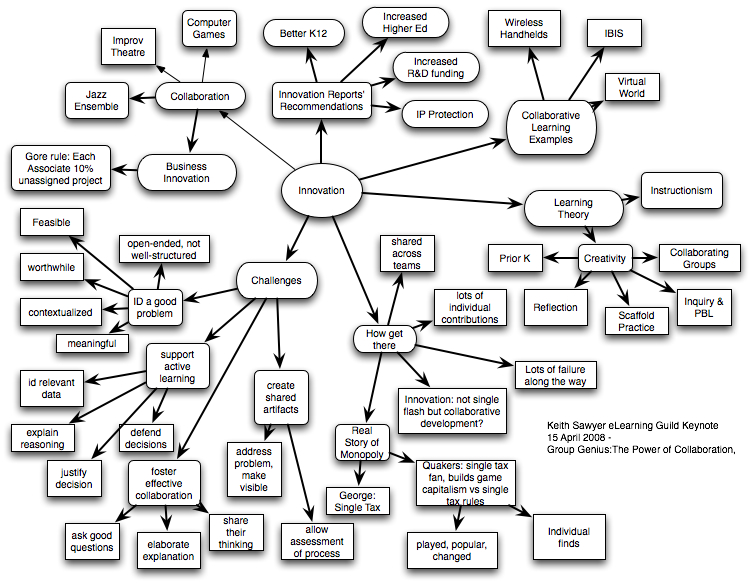I’ll be presenting on eLearning Strategy for the ASTD LA Chapter’s Special Division on eLearning on the 21st of May (virtually). I’ve also just presented to the Best Practices Institute (but you have to be a member to see the archived version). It’s similar to how I’ve presented it before, but I keep adding new thoughts.
The notion is still the same performance ecosystem, but I made a point of searching out more on eCommunity at the eLearning Guild’s last conference to augment my knowledge. Can’t promise it’s improved the presentation yet (that’s the problem, they always want the deck weeks before the actual presentation, and my thinking isn’t static).
I’ve talked before about how Marc Rosenberg and I carve up the space differently, but agree on the main principles. The one thing I add is mobile, but I’m sure he’d rightly see that as a different channel for the underlying support. There is no one ‘right’ way to carve it up, but I still find my framework useful.
I’m seeing more interest in this from a corporate perspective. As I think I’ve mentioned, I’ve used this framework increasingly to help understand the context in which an elearning initiative sits. And using it to look at broader strategies for elearning for organizations. Harold Jarche also points to an initiative we did with an organization and the framework was very much in my mind as I tossed out answers. Maybe there’s one for you. Maybe we’ll see you at the ASTD LA chapter meeting?



